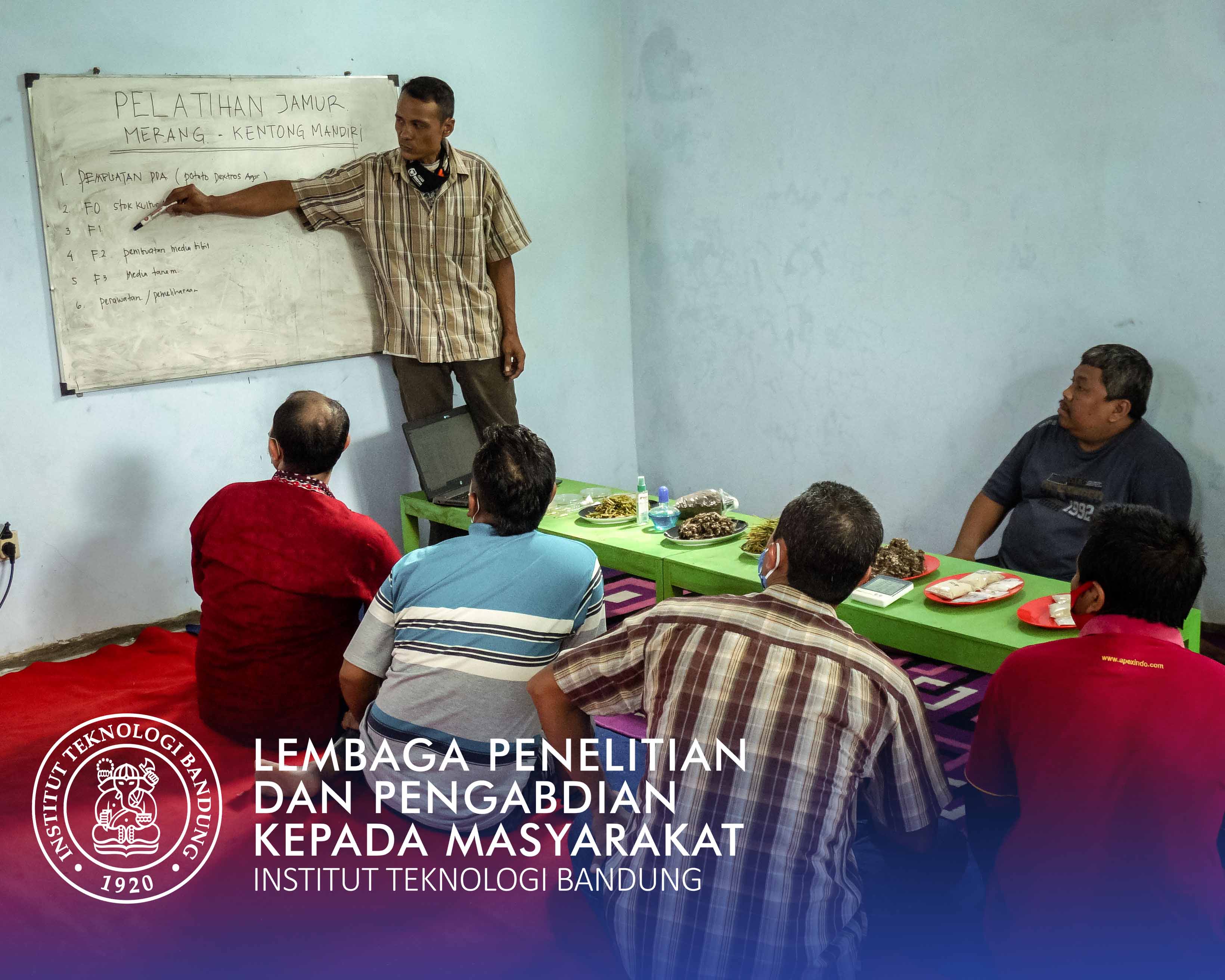

Iwan Kustiwan
Kota Kota is defined as a housing area with a high level of density, informally built, less infrastructure and infrastructure. Kota Kota is one of the alternative low-income community residence in urban areas. As an informal settlement, village city is often seen from the characteristics of settlements, infrastructure, locations, and legality of land ownership that is largely categorized as a slum area, as an object of urban renewal (rejuvenation) through improving the quality of housing. This study aims to develop village-oriented development strategies to realize an inclusive and sustainable city. The aim is: (1) identified characteristics and characteristics of city spates as a spatial entity for the development of urban informal housing areas; (2) Identify the practice or implementation of the Urban Housing Environmental Improvement Program; (3) Identifying generic concepts, strategies and programs in regeneration / rejuvenation of urban housing areas towards inclusive and sustainable cities and (4) formulating urban development strategies based on village-oriented development to inclusive and sustainable cities. The research that will be carried out is applied research, descriptive-explanatory. The approach used is a quantitative method. The study area that was used as a case study was the city of Bandung, as a colonial city whose development was inseparable organically from a long history that began with a village which was later in a new region that developed formally. This study opens new insights about the phenomenon of villages as a spatial or informal housing entity whose existence colores the dynamics of the development of major cities or metropolitan in Indonesia.
Application of writing
-